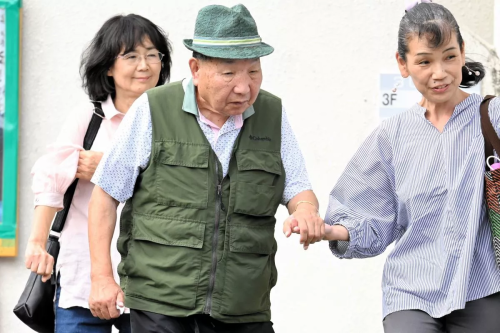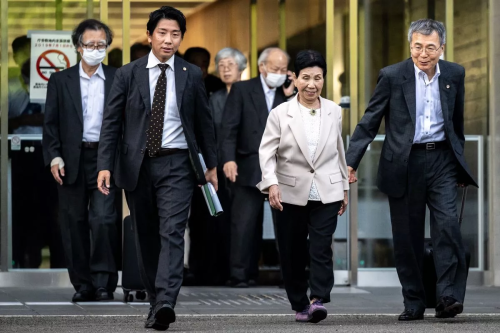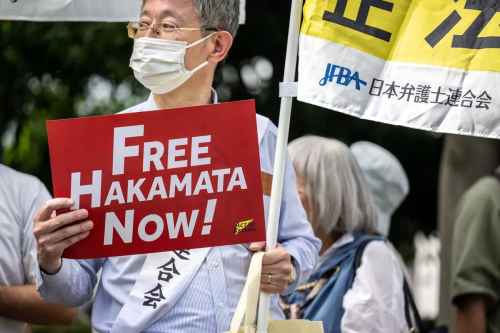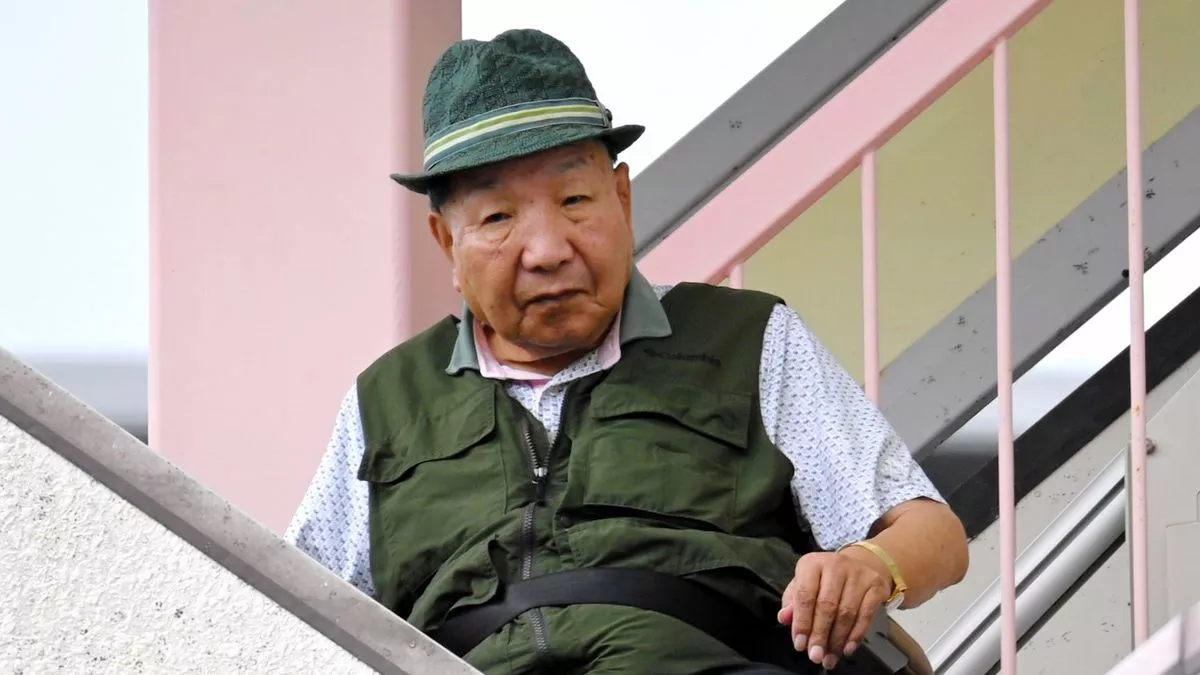Iwao Hakamada, the world’s longest-serving death row inmate, was acquitted on Thursday of a murder conviction dating back nearly 60 years. The former boxer, now 88 and in fragile health, was cleared by a Japanese court during a retrial for the murders of his then-boss, the boss’s wife, and their two children. Hakamada was sentenced to death in 1968 at the age of 30.

His retrial was initiated a decade ago due to mounting support and evidence suggesting his innocence. After spending 56 years on death row, Hakamada was finally declared innocent, leaving the court in Shizuoka, west of Tokyo, with his 91-year-old sister, Hideko, by his side.
Hakamada was accused of the murders after he helped extinguish a fire at his boss’s home in June 1966, where the victims’ bodies were later found. He was arrested based on a small blood sample found on his pajamas and a confession obtained after 264 hours of intense interrogation, during which he claimed to have been denied food, water, and bathroom breaks. He later retracted this confession and maintained his innocence throughout his imprisonment. In 2011, he was recognized by Guinness World Records as the longest-serving death row inmate.

Although the Japanese Supreme Court upheld his conviction in 1980, Hakamada was freed in March 2014 pending a retrial based on new evidence suggesting that key blood-stained clothing found at a miso plant had been planted. His lawyers argued that DNA tests on the clothes did not match Hakamada’s, raising the possibility of fabricated evidence. In 2014, Judge Hiroaki Murayama ruled that the clothes “were not those of the defendant.”
The lengthy legal process delayed the retrial until last year, and on Thursday, the judge not only found Hakamada innocent but also determined that the prosecutors’ main evidence had been fabricated. Hakamada is one of five death row inmates in Japan to have been granted retrials, prompting calls from legal experts for reforms in the justice system.

Supporters gathered outside the court on Thursday to witness the verdict. Judge Koshi Kunii announced, “The court finds the defendant innocent.” Supporter Atsushi Zukeran emphasized that Hakamada’s case highlights the urgent need for reform in Japan’s criminal justice system. He wore a “Free Hakamada Now” t-shirt and expressed mixed feelings about the acquittal given the long struggle.
Teppei Kasai from Human Rights Watch noted that Hakamada’s case exemplifies Japan’s “hostage justice” system, where suspects face prolonged detention and coercive interrogation tactics. Hakamada’s sister Hideko has been a vocal advocate for his release, expressing relief at the retrial’s commencement last year and feeling that “a weight has been lifted from my shoulders.”
As of December last year, there were 107 inmates remaining on death row in Japan, where prisoners receive only a few hours’ notice before execution. Along with the United States, Japan is one of the few G7 countries that still practices capital punishment.



